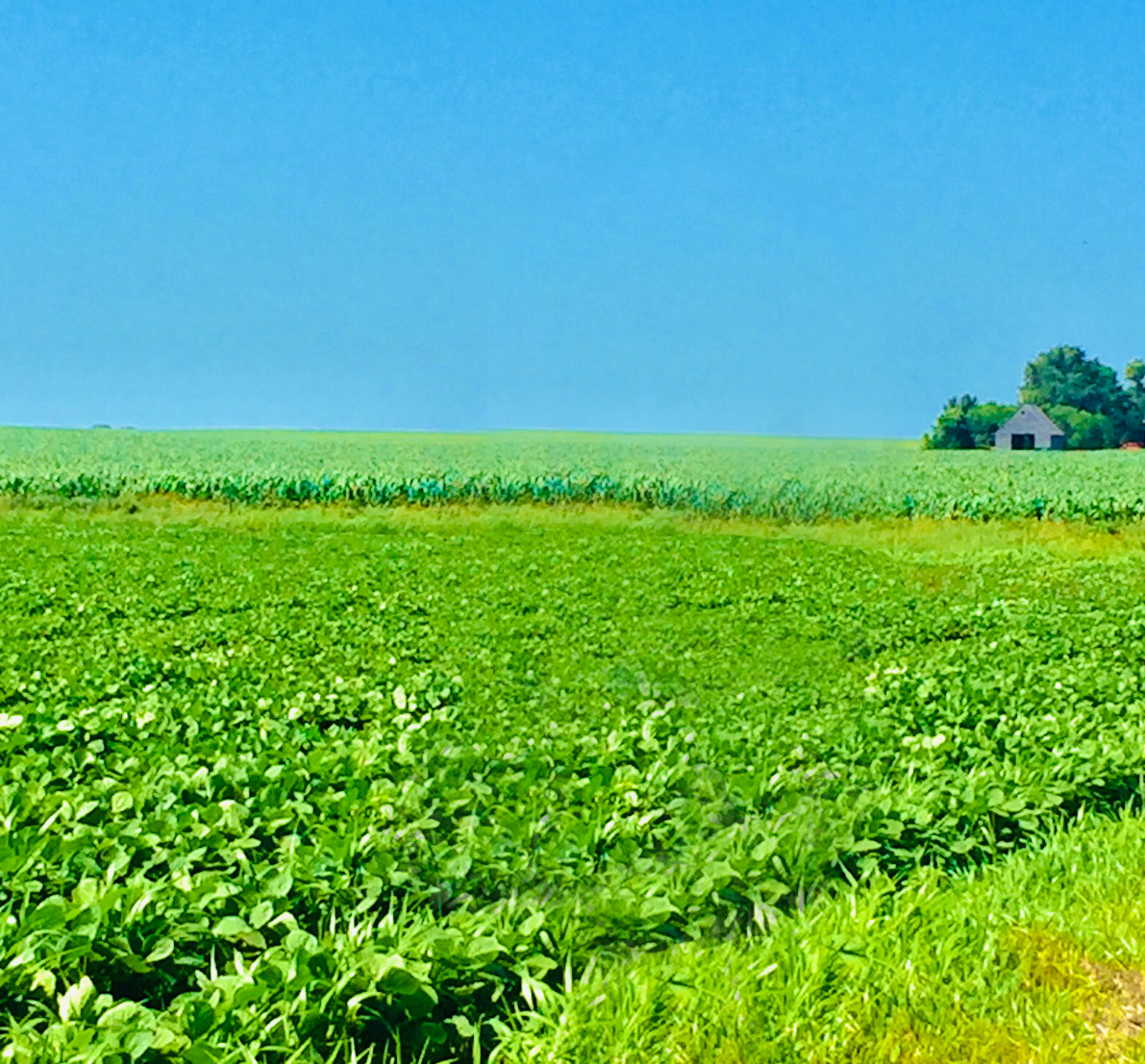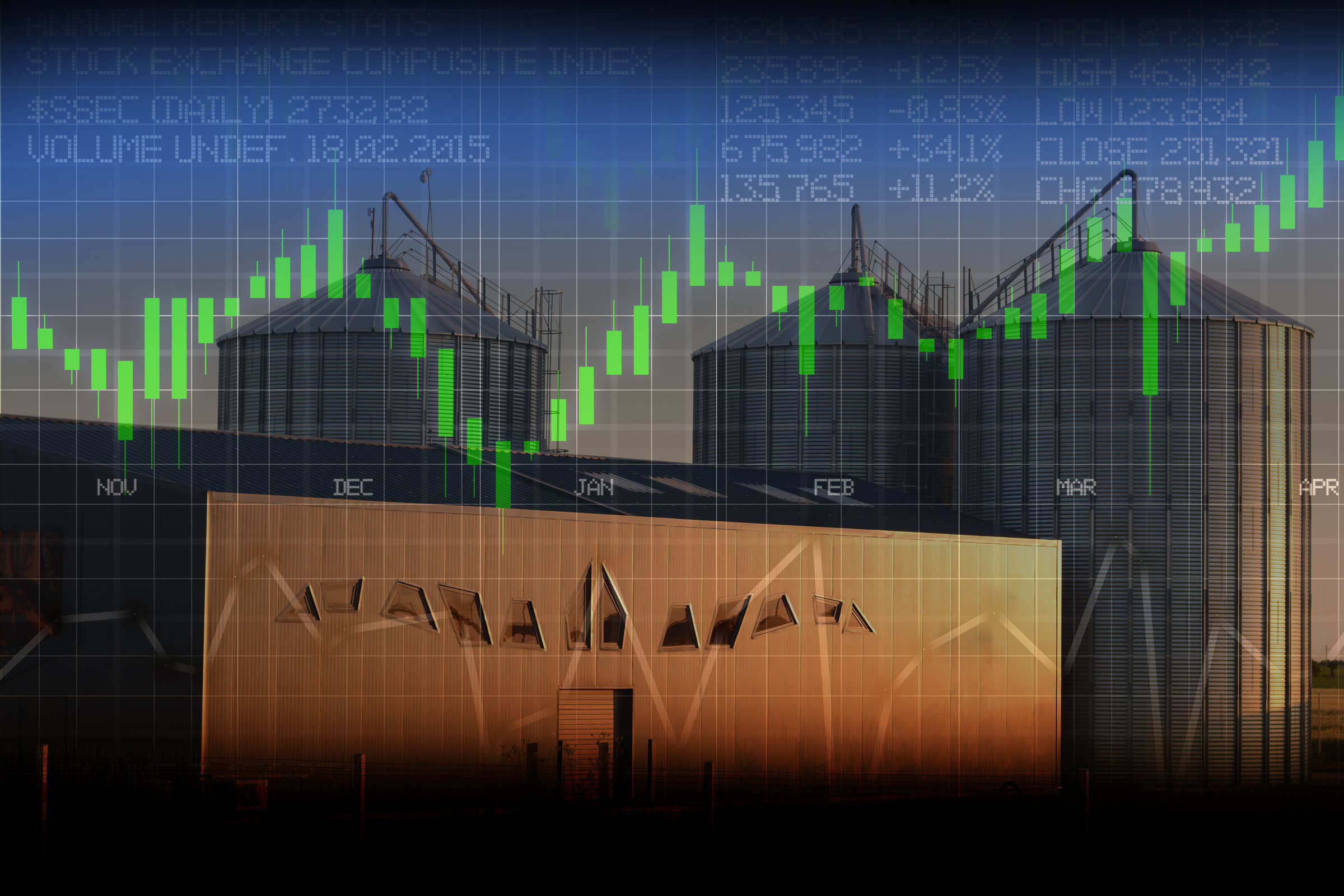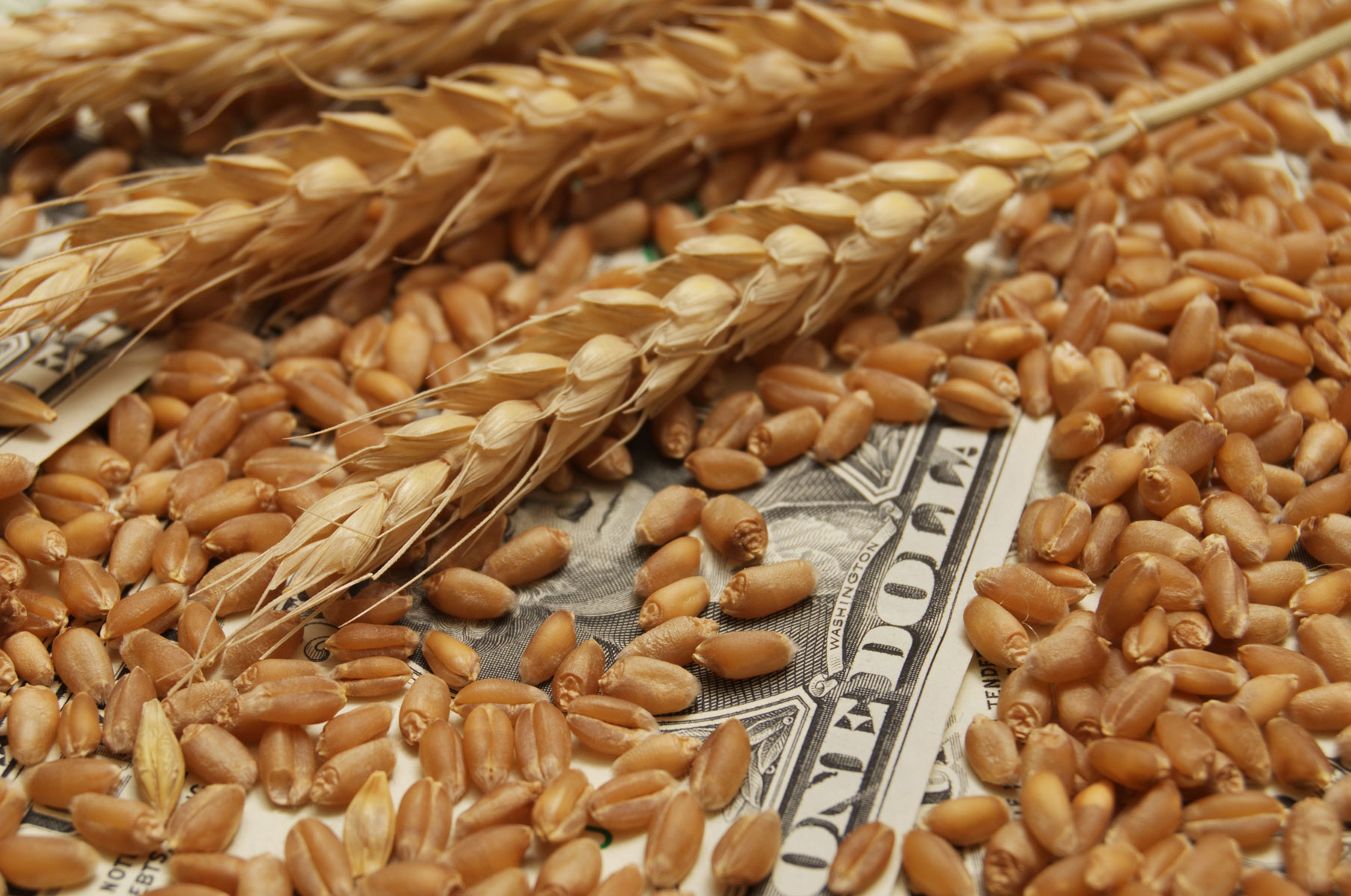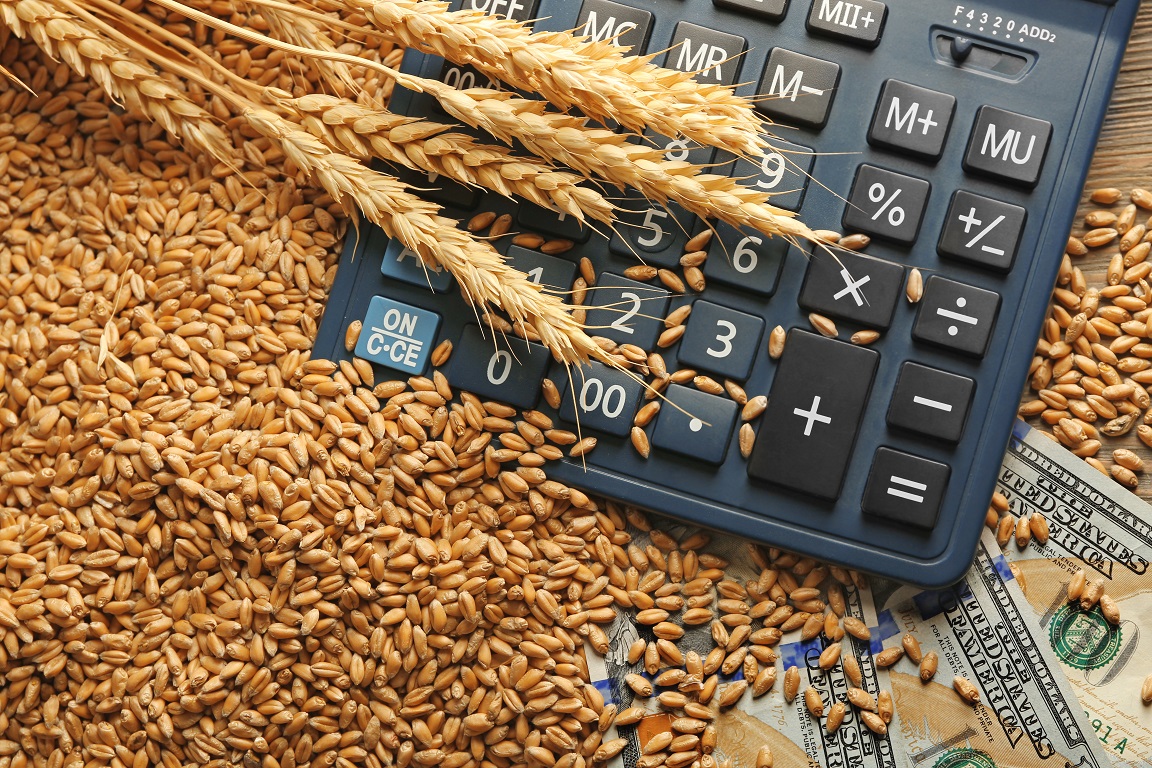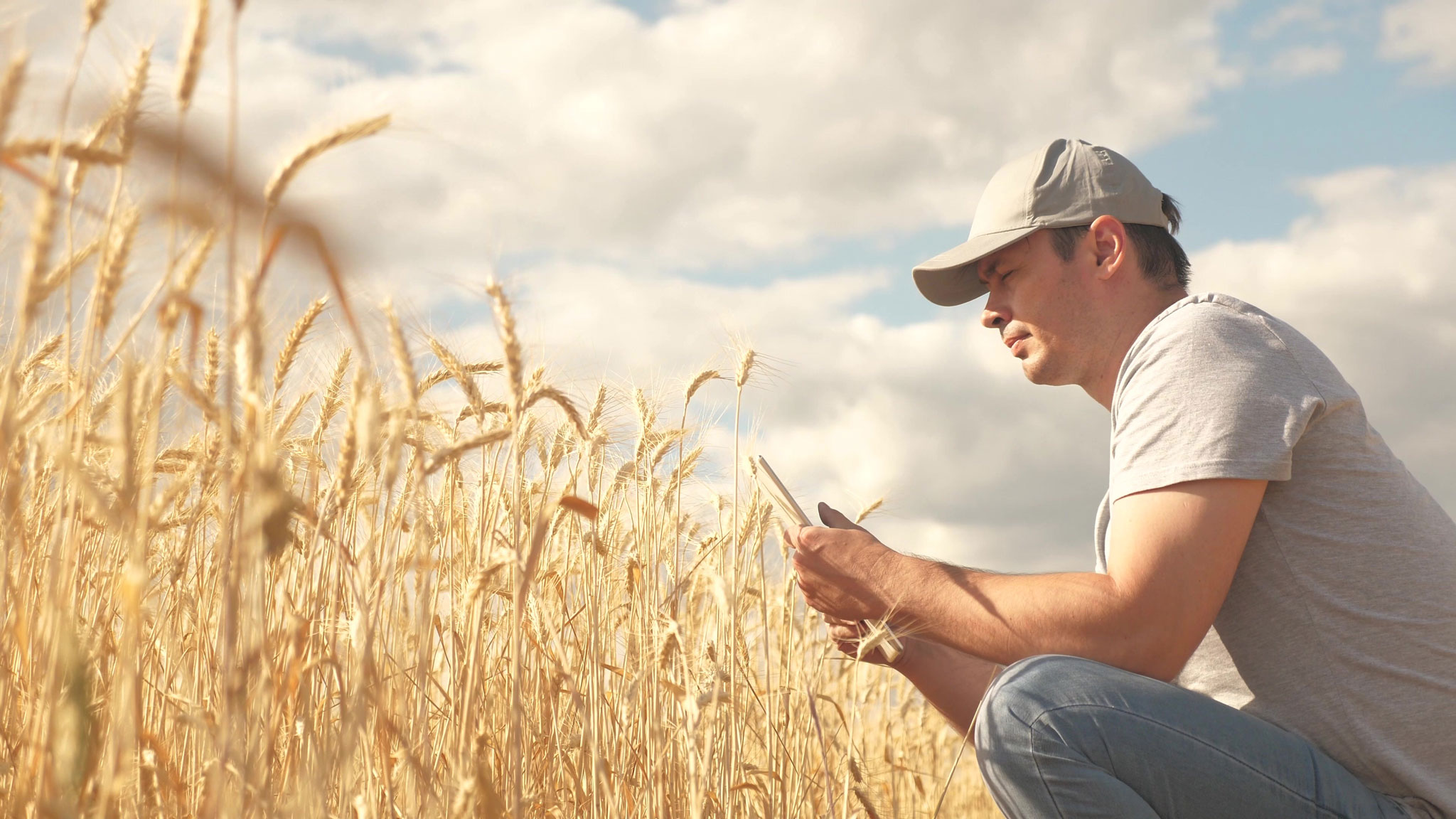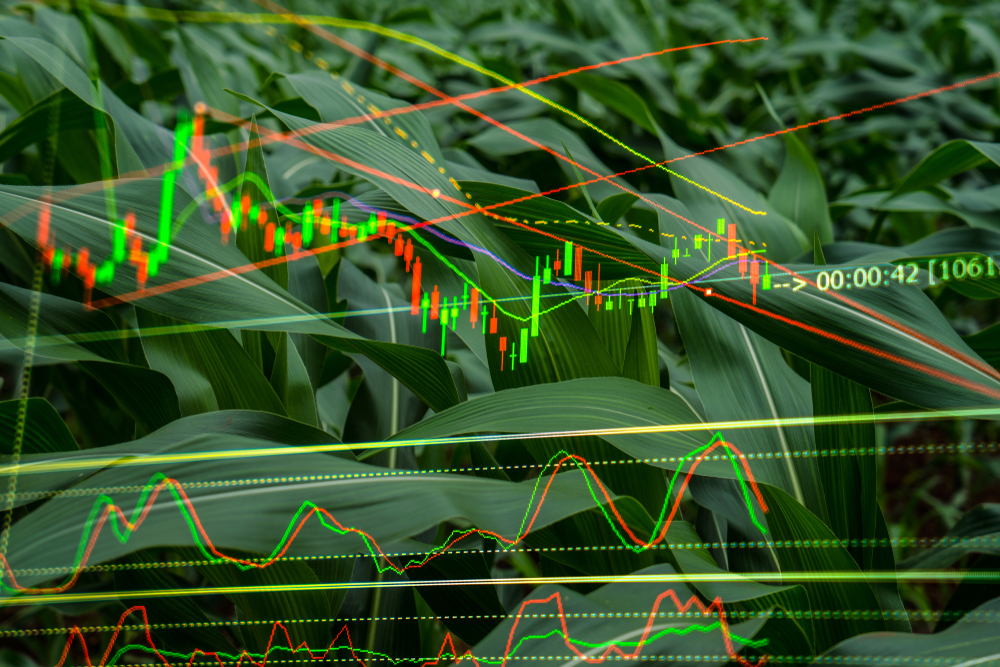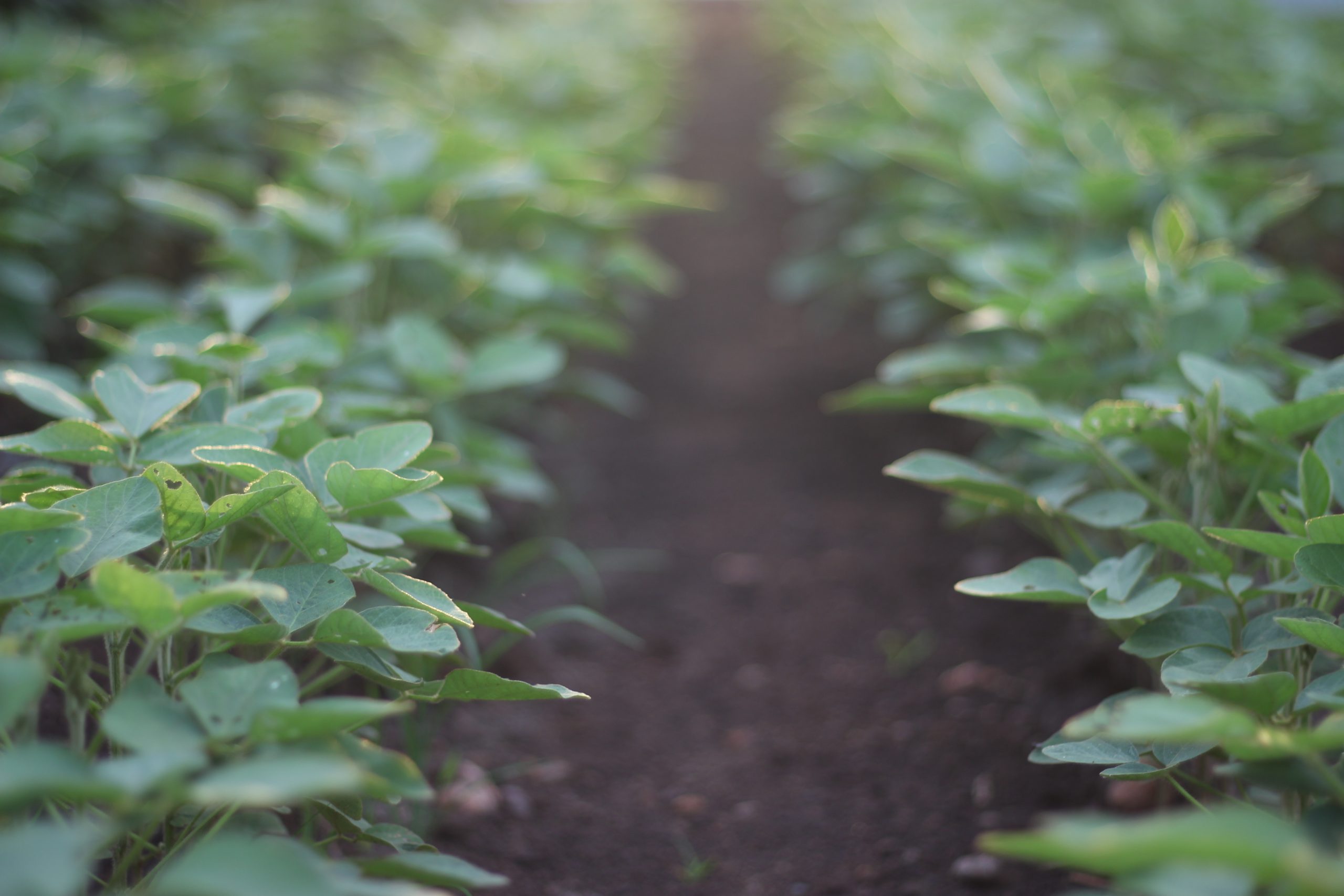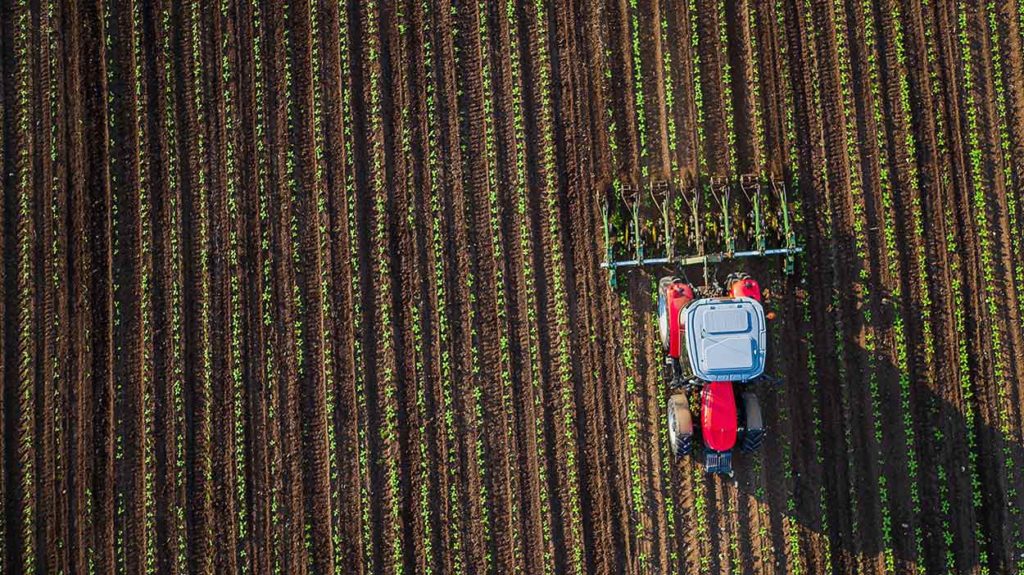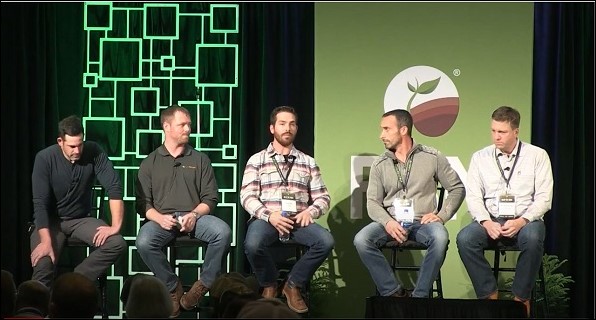- Published On: July 25, 2019
- Author: Steve Sinkula
Chuck Thompson was tired of living hand-to-mouth.
Like many farmers, he grew up on a traditional, corn-and-soybean operation in Humboldt, Iowa, and returned to it after college. Today, he and his brother farm with their father, making them the fourth generation of the family farm.
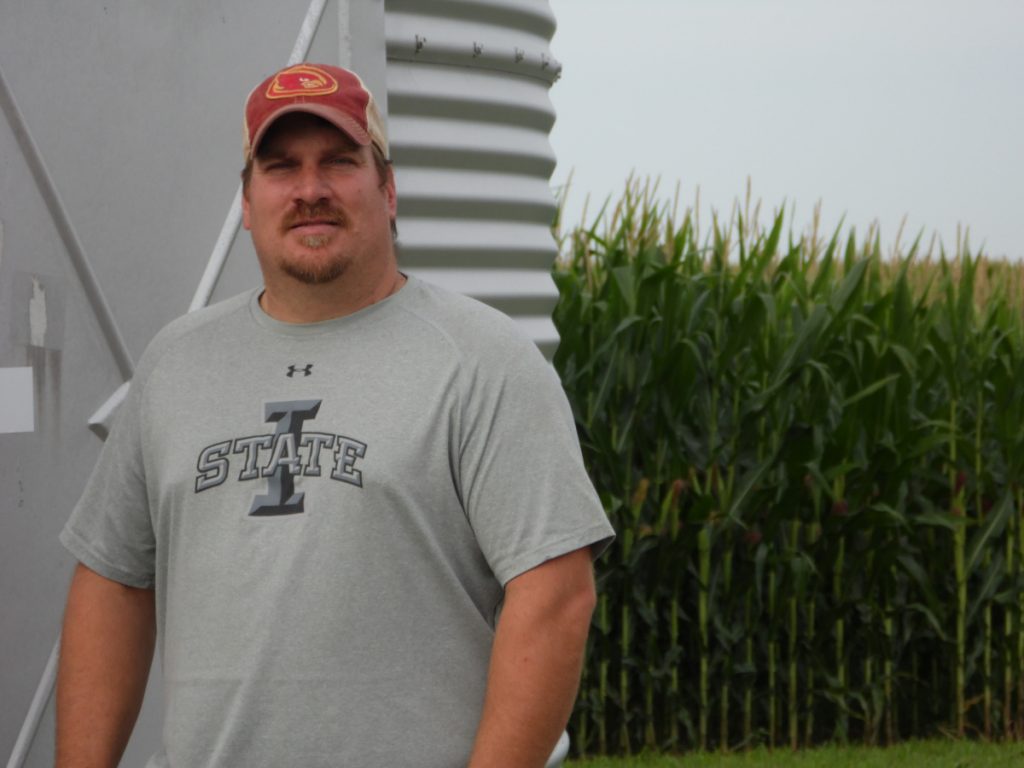
But in the last decade, the Thompsons have struggled to make enough money off of farming. In the last 5 years, they got rid of the 5,000 hogs they were raising per year because it no longer made economic sense. They also started a mobile grain vacuuming service, which Chuck says has financially supported their 2,000 acres of corn and soybeans.
“Our row crops in the last 10 years have had some ups and downs, but they haven’t been enough to support our three families, so we had to go off the farm,” Chuck says.
Year after year they’ve expected things to improve, but still found they were just getting by. After talking to their dad about it one evening, who recalled living hand-to-mouth when he was a young farmer, the brothers asked themselves: If nothing has changed in 45 years, why do we expect next year is going to be better?
They realized that unless they made a change, their financial situation would stay the same. So they decided to look into organic farming.
High-profit potential with organic premiums
Chuck started by talking to some organic farmers and doing his homework on what they needed to succeed. He learned they needed well-tiled fields and a source for manure, both of which they had. The Thompsons’ also had a landlord that was on board with the idea.
Those three factors combined with the potential to make significantly more money gave them the confidence to move forward. With the support of AgriSecure, they’re now in their second year of transitioning 600 acres.
So far the transition has been mostly positive, Chuck says, noting that their yields were really good the first year. While they haven’t sold any crops yet, Chuck is conservatively estimating they’ll make approximately 50% more profit per row-crop acre once they’re done transitioning. But on paper, that number may be even higher.
“From the proof I’ve seen so far, there’s no difference in yield between organic and conventional crops, and the price of conventional corn is around $4 while the price of organic corn is $8.50 to $9,” Chuck says. “So it’s 100% better in profit and about the same yield.”
He adds that other organic farmers have told him that after 4 or 5 years they’ll likely see higher yields due to improved soil health from the system.
Changing perceptions and dealing with weeds
But the experience isn’t without its stresses and surprises — some of which don’t have to do with organic farming itself. Chuck says the biggest surprise from this experience is the perception other farmers have of him. While everyone is friendly, he feels they’re treating him a little different, especially since he’s one of the only organic farmers in the county.
“They’re all watching. They all worry. The first thing everybody brings up is what happens when the prices drop because the market is overflooded,” Chuck says. “I can give them tons and tons of information that I’ve found myself, that shows actually how hungry the nation is for organic.”
He’s hoping in that in 5 to 7 years he’ll be proof that organic is the path to follow.
The biggest stress he’s encountered has been weed management, but so far they’ve been able to keep their fields relatively clean.
The Thompsons’ weed management strategy is evolving. In their first year, they were strictly mechanical, taking care of every weed by machine or hand.
“But with the help of AgriSecure, we’re able to give other ideas that we didn’t even realize were available,” Chuck says, which includes cover cropping and diversifying their rotation. This year they added oats to their rotation and will seed a second crop after harvesting them.
Improving soil health outweighs economic benefits
In fact, while the financial benefits were the main factor for getting into organic, Chuck believes the improvement in soil health from diversifying their rotation and eliminating chemicals will provide an even greater return for the farm in the long run.
“I think organic is the way of the future,” he says. “I think it’s better all the way around. It’s better for the soil, it’s better for the environment. Yes, the economic part is huge, but it’s the other benefits are starting to outweigh the economics now.”
The Thompsons are so confident in the future of organic, they’ll be transitioning another 250 acres next year.
“We’re looking at expanding already and we haven’t even sold one organic crop yet,” Chuck says. “We see that the future is bright in this. We see that this is an avenue for us to explore, that’s going to help us help our families, so I think we’re going to try and keep growing a little bit bigger and bigger. Grow slowly, but still keep growing, not just stop.”
Chuck’s tips: educate yourself and find a partner
For farmers who are interested in organic farming, Chuck recommends they do their own research on it. He says that while he and other organic farmers can provide information, it’s not until you do the research yourself that it sinks in how much the world is demanding this.
“The research alone is just astounding,” he says. “It’s not just a fad, it’s the wave of the future.”
He also advises farmers to align themselves with a partner like AgriSecure that not only has the information on organic farming but has first-hand experience with it. He says, “Aligning yourself with the right partner makes a big difference.”
Related Articles
-
Imports Have an Impact on Organic Crop Prices: Here’s Why
Organic soybean prices are skyrocketing. The Jacobsen reported that prices were up to $32 per bushel in the Midwest in May 2021. What’s behind this impact on organic crop prices? And why aren’t organic corn premiums keeping up? In short: it’s all about supply and demand, especially imports, says David Becker. David is an analyst […]
-
New Options Offer Farm Loans for Organic Transition
If securing farm loans for organic transition feels daunting, we have some good news. It’s not as hard as it used to be. In fact, there’s a number of new options that could provide a solution for you and your operation. Traditional lenders, farmland investors, non-profits, and even big food companies are starting to create […]
-
Organic Farming Loans Support Growers during Transition
Ask a farmer what’s keeping them from transitioning to organic row crops, and you may be surprised to hear a common answer. Finances. It’s often a struggle to find organic farming loans tailored to their needs. Yes, organics offer excellent premiums and can bring long-term profitability. But first you have to get through the 36-month […]
-
Organic Breakevens: What to Know and How to Calculate
If you’re thinking about organics, you’ve probably debated whether it’s going to pay off — literally. Yes, the price premiums are good, but you’ve heard your yields will take a hit. How can you predict profitability? The answer: calculating your organic breakevens. What are an organic breakevens? Simply put, it’s a way to calculate what […]
-
Know Your Numbers to Push Crop Profitability
Yield is often the top priority in farming. The truth, though, is that the highest yields will not necessarily result in the highest ROI. And this is especially the case for organic production. We know good execution results in the best yields, but the best way to maximize your crop profitability is to know your […]
-
6 Ways to Protect Organic Profits in Uncertain Times
Economic uncertainty hits all sectors of the agriculture industry, including organics. The good news? It’s possible to safeguard your organic profits. For a start, it’s even more important for organic farmers to focus on executing their operations really well. The better the execution, the better you can weather the market conditions and remain profitable. Here […]
-
5 Steps for Financing the Transition to Organics
Profits. They’re one of the primary reasons farmers decide to move into organic production. Financing the transition to organics, though, can be one of your biggest hurdles. That’s why the support of a banker or ag lender can be a lifeline for farmers looking to get into organics. The right backing helps you build an […]
-
4 Keys to a Strong Organic Fertilizer Strategy
Questions about an organic fertilizer strategy are common in organic farming. How do I provide enough nutrients? In particular, nitrogen. How do I manage my crop and soil without using synthetic fertilizers? Fertilizer can come from a variety of organic sources, including animal waste, decomposing plants, and nitrogen-fixing crops like soybeans and clover. So it’s […]
-
Consider Organic Farming? Yes.
With so much economic uncertainty caused by the COVID-19 pandemic, you may be wondering: Is now the right time to transition into organic crop production? Is this the right time to increase the number of organic acres you’re already farming? My answer, yes. Current market conditions, falling commodity prices for conventional crops and somewhat lower […]
-
80 Million Millennials Can’t Be Wrong: Farmer Panel
80 million millennials are a part of the driving force behind the rapid growth of organic food demand. So why aren’t more farmers transitioning into a system that sees premiums of 2x over conventional and profitable margins? In a panel that took place at FBN’s Farmer2Farmer V event, AgriSecure co-founder and organic farmer Bryce Irlbeck […]
Get in the know
Our newsletter, it’s a quick read. You’ll get industry news plus all the latest organic insights. Who doesn’t want that?
